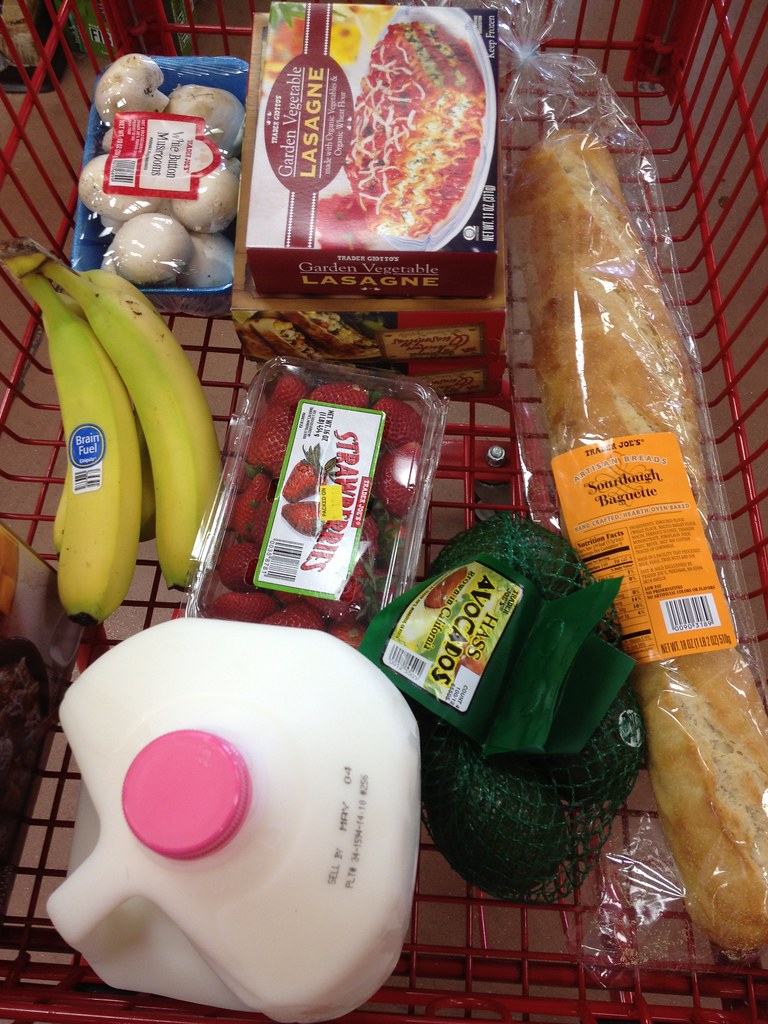A blog post from the American Heart Association explores how state preemption harms people and how some communities are fighting back:
The other day, while waiting in line at my Atlanta neighborhood grocery store, practicing my best social-distancing techniques among face-masked shoppers scavenging depleted food shelves, I took a good look at the people who were ringing up our precious quarantine-preparedness purchases.
They were mostly older black women. They wore no gloves, no masks and there was a noticeable lack of disinfectant hand sanitizer or wipes. In the midst of this pandemic, I expect they are probably working extra shifts and must spend those long hours interacting with strangers who could be infected, yet they have no protections.
This is Georgia. There is no state-required paid sick leave, but there is a state law that prevents local governments from enacting their own paid sick leave laws. That means these cashiers can’t afford to become ill. If they do, they will feel pressure to come to work anyway, rather than risk being fired or missing a paycheck. They are likely already living paycheck to paycheck.
What the Privilege Divide Looks Like During a Pandemic
The new coronavirus has underscored harsh health inequities in America. Some people can afford to protect their health during a pandemic, while others cannot. Some can sleep easily knowing they have a roof over their heads, while others fight eviction or have no home where they can shelter in place. Some order food delivery to continue feeding their families, while others skip meals so their kids can eat.
Read the original article here.

